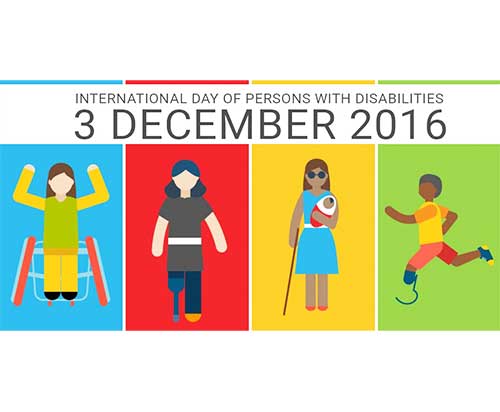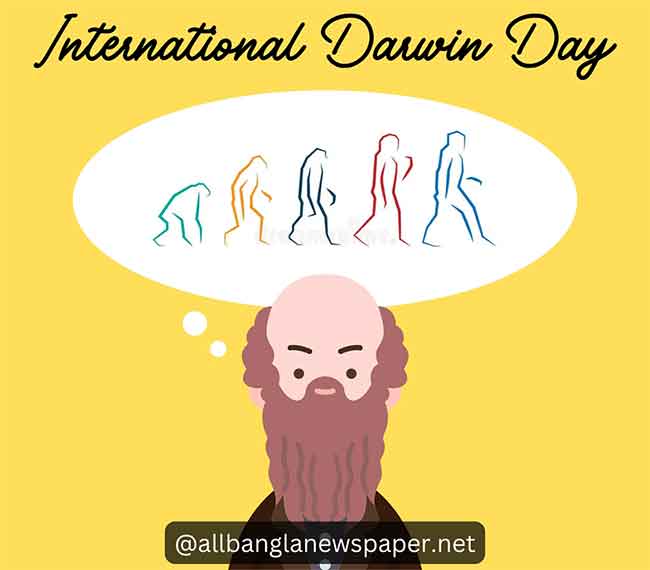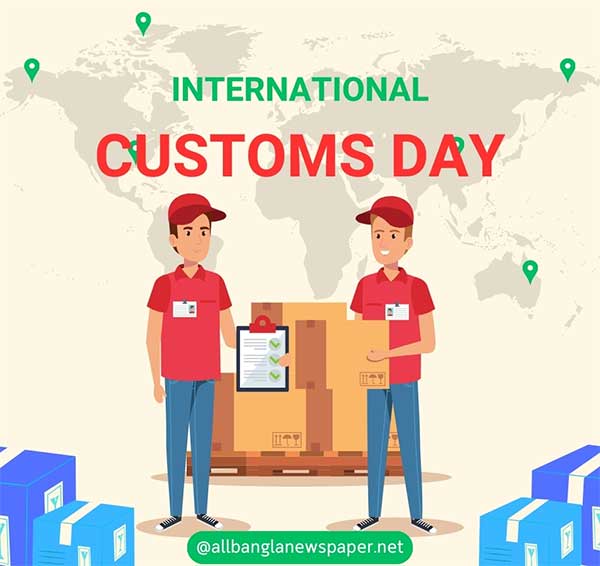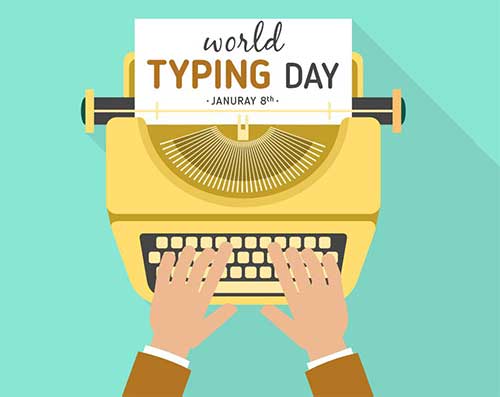
The International Day of Persons with Disabilities (IDPD) is observed annually on December 3, serving as a pivotal moment to honor the resilience, achievements, and rights of persons with disabilities worldwide. Established by the United Nations in 1992, this day fosters awareness about the challenges faced by this community while advocating for inclusive, sustainable development that leaves no one behind. With over one billion people worldwide experiencing some form of disability, this observance highlights the global commitment to building equitable societies.
The Significance of International Day of Persons with Disabilities
The theme of IDPD changes each year to spotlight pressing issues and drive constructive dialogue. Past themes have ranged from addressing technological accessibility to combating barriers in education and employment. These themes align with the 2030 Agenda for Sustainable Development, emphasizing the importance of equal participation and opportunities for persons with disabilities.
The observance of this day underscores the need for:
• Awareness: Highlighting societal biases and systemic challenges faced by persons with disabilities.
• Action: Advocating for policy reforms and robust enforcement of disability rights.
• Inclusion: Promoting diversity in workplaces, schools, and public spaces.
IDPD encourages governments, organizations, and individuals to take proactive steps toward equity by focusing on these areas.
Historical Context and Global Initiatives
The establishment of the International Day of Persons with Disabilities traces back to the United Nations’ adoption of the World Programme of Action Concerning Disabled Persons in 1982. This program laid the groundwork for a global approach to addressing the needs of Persons with disabilities, aiming to enhance their quality of life through equal opportunities and integration.
Over the years, several international conventions and frameworks have emerged:
• Convention on the Rights of Persons with Disabilities (CRPD): Adopted in 2006, this landmark treaty ensures that people with disabilities can fully enjoy human rights.
• UNESCO’s Education for All Initiative: Aims to make education inclusive and accessible.
• ILO’s Disability Inclusion Strategy: Encourages workplaces worldwide to adopt inclusive hiring practices.
These initiatives form the backbone of global efforts to dismantle barriers and promote equal rights.
Challenges Faced by Persons with Disabilities
Despite global progress, persons with disabilities encounter numerous challenges that impede their full participation in society. Some of the key obstacles include:
• Physical Accessibility: Inadequate infrastructure, such as inaccessible public transport, buildings, and services, restricts mobility and independence.
• Economic Barriers: Higher unemployment rates and limited job opportunities leave many persons with disabilities in poverty.
• Social Stigma: Misconceptions and biases perpetuate discrimination, further marginalizing individuals with disabilities.
• Educational Gaps: Many schools lack the resources to accommodate students with disabilities, leading to lower enrollment and graduation rates.
• Healthcare Disparities: Inadequate access to affordable, disability-specific healthcare exacerbates health inequalities.
Addressing these issues requires a collective effort involving governments, private sectors, and civil society.
Empowering Persons with Disabilities Through Advocacy
Advocacy is vital in reshaping societal attitudes and ensuring that disability rights remain prioritized. Initiatives such as public awareness campaigns, legal reforms, and grassroots movements empower persons with disabilities and their allies to drive change.
• Public Awareness Campaigns: Highlighting success stories and contributions of persons with disabilities fosters a culture of respect and understanding.
• Policy Advocacy: Advocating for stronger disability-inclusive policies ensures that governments prioritize accessibility and equity in urban planning, education, and employment.
• Grassroots Movements: Local communities have been instrumental in challenging discriminatory practices and demanding accountability.
One inspiring example is the 'International Day for the Abolition of Slavery A Call for Global Justice', which parallels IDPD in advocating for a world free from systemic injustice.
Technology as a Catalyst for Inclusion
Technological advancements have opened new pathways for empowerment. From assistive devices to digital accessibility tools, technology bridges gaps and fosters inclusion for persons with disabilities.
• Assistive Technologies: Screen readers, hearing aids, and mobility aids enhance independence and productivity.
• Digital Accessibility: Websites and apps with inclusive designs ensure equitable access to information and services.
• Artificial Intelligence: Innovations like AI-powered translation tools and speech-to-text software break communication barriers.
• Education Platforms: E-learning tools adapted for persons with disabilities offer flexible and personalized learning opportunities.
Governments and tech companies must collaborate to ensure these technologies are affordable and widely accessible.
Promoting Disability-Inclusive Development
The inclusion of persons with disabilities is central to achieving sustainable development. Governments, international organizations, and private sectors must prioritize disability-inclusive practices in their strategies.
• Workplace Inclusion: Employers should implement equal hiring practices and provide reasonable accommodations to employees with disabilities.
• Inclusive Urban Design: Cities must adopt universal design principles to create environments that accommodate all individuals, regardless of ability.
• Equal Access to Education: Schools should embrace adaptive teaching methods and provide resources like sign language interpreters and braille materials.
• Healthcare Services: Expanding access to disability-specific healthcare services ensures individuals can lead healthier lives.
By integrating these measures into national and organizational agendas, societies can prepare for a more inclusive future.
The Role of Individuals in Fostering Inclusion
While systemic change is essential, individual actions can also significantly impact the situation. Everyone can contribute to a more inclusive society by:
• Challenging Stereotypes: Educate yourself and others to dispel myths about disabilities.
• Supporting Advocacy Groups: Volunteer, donate, or amplify the voices of organizations championing disability rights.
• Practicing Empathy: Treat persons with disabilities respectfully and listen to their experiences without judgment.
Though seemingly small, these everyday actions collectively drive cultural shifts toward inclusion.
Success Stories Inspiring Change
Across the globe, countless stories illustrate how advocacy and inclusion can transform lives. From entrepreneurs with disabilities breaking barriers in business to athletes excelling on international stages, these achievements demonstrate the power of opportunity and resilience.
For instance:
• Paralympic Games: Athletes showcase exceptional talent and determination, inspiring millions worldwide.
• Entrepreneurial Ventures: Businesses owned by persons with disabilities highlight the value of diversity and innovation.
• Educational Milestones: Students overcoming barriers to excel in academia inspire greater investment in accessible education.
These successes reinforce the importance of creating environments that enable individuals to reach their potential.
Looking Ahead
The International Day of Persons with Disabilities serves as a reminder of the ongoing journey toward an inclusive world. While significant progress has been made, much remains to be done to ensure that persons with disabilities enjoy equal rights and opportunities.
Through collective efforts—whether by advancing policy, embracing technological innovations, or fostering empathy—we can create a society where diversity is celebrated and inclusion is the norm.
#InternationalDayOfPersonsWithDisabilities #DisabilityRights #InclusionAndEmpowerment



